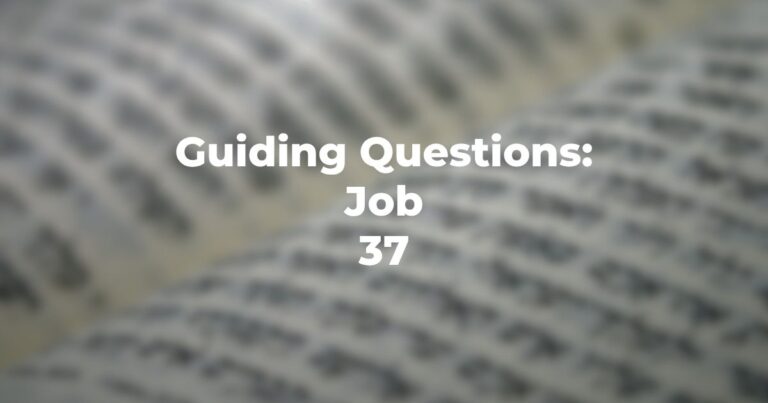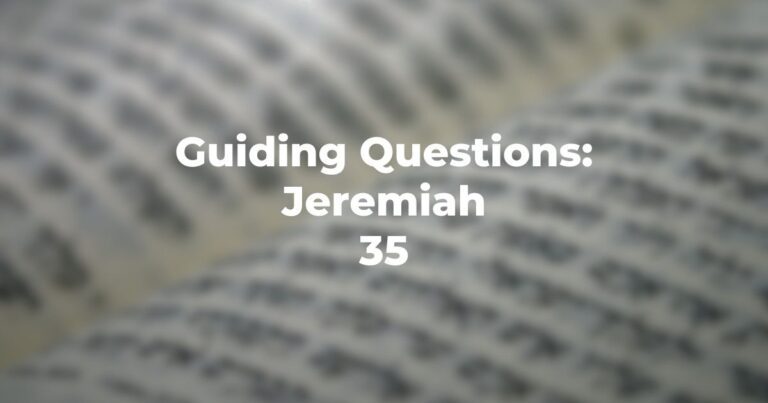- Before God brings destruction, is there a warning (Ezekiel 33:2)?
- What is the role of the “warner” and how does sounding the shofar relate to it?
- But if the warning is not heeded, who is responsible for that which follows (Ezekiel 33:4 — note especially “the blood is on his head”)?
- What must the “warner” do, as his responsibility — and if he does not, on “whose head” is the blood (Ezekiel 33:6)?
- Who is charged to “sound the shofar” (Ezekiel 33:7)?
- Is the prophet exculpated when the evil doers are destroyed if he has failed to warn them (Ezekiel 33:8-9)?
- What, then, does this explicate as to the role of the prophet?
- The theological principle of “return to the right path and you will be forgiven” is cited in which verse?
- Do past good deeds posit salvation and past evil deeds posit destruction or does the present determine (Ezekiel 33:12)?
- Will backsliding bring destruction and will “teshuvah” (return) bring salvation (Ezekiel 33:13-14)?
- The message of Ezekiel 33:15 indicates that there is or is not hope for past wrongdoing?
- These verses would be intended to (a) indicate no change is possible (b) indeed change is possible, and…
- …What is God’s “desire”?
- Does ancestral conduct determine the destiny of the individual and/or his/her own deeds (Ezekiel 33:20)?
- Does Ezekiel 33:21 affirm the ongoing predictions of Ezekiel as to Jerusalem?
- But was Ezekiel aware of what had happened before the “escapee” arrived (Ezekiel 33:22)?
- Do numbers count or are those who count numbered in the prophet’s teaching (Ezekiel 33:24-25)?
- Ezekiel 33:27-29 affirm the destruction — caused by what action of the Judeans (Ezekiel 33:26, Ezekiel 33:29)?
- Did Ezekiel’s warning fall on deaf ears (Ezekiel 33:30-32)?
- Finally, will Ezekiel be recognized as the prophet?
Author
-

Exploring Judaism is the digital home for Conservative/Masorti Judaism, embracing the beauty and complexity of Judaism, and our personal search for meaning, learning, and connecting. Our goal is to create content based on three core framing: Meaning-Making (Why?), Practical Living (How?), and Explainers (What?).
View all posts




